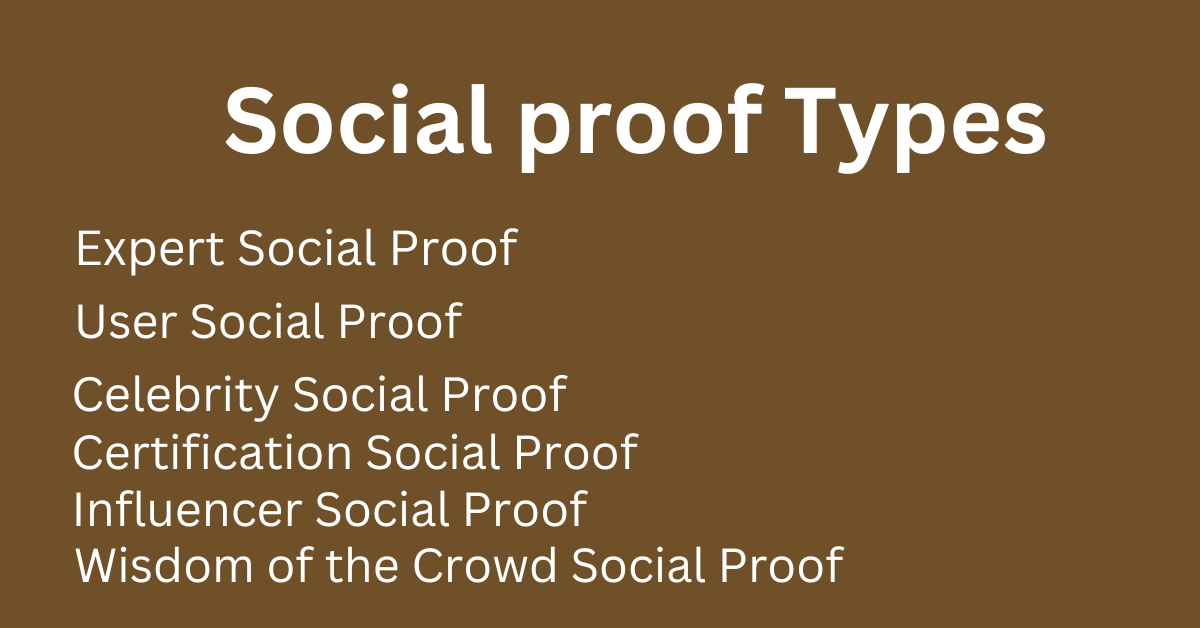Program Evaluator
A program evaluator is a professional responsible for systematically assessing the design, implementation, and outcomes of a program. Their primary objective is to determine whether a program is achieving its intended goals and to identify areas for improvement. This involves collecting and analyzing data, interpreting results, and presenting findings to stakeholders.
Key Responsibilities of a Program Evaluator
The responsibilities of a program evaluator can be diverse and extensive. Here are some key tasks they typically undertake:
- Designing Evaluation Plans: Developing comprehensive plans that outline the evaluation’s purpose, scope, methodology, and timelines.
- Data Collection: Gathering quantitative and qualitative data through surveys, interviews, focus groups, and observations.
- Data Analysis: Using statistical and analytical tools to process and interpret data, identifying patterns, trends, and insights.
- Reporting Findings: Preparing detailed reports that summarize evaluation results, including recommendations for improvement.
- Stakeholder Engagement: Communicating with program staff, funders, and other stakeholders to ensure their perspectives are considered and findings are disseminated effectively.
- Monitoring and Follow-Up: Continuously monitoring program performance and implementing follow-up evaluations to assess long-term impact.
Skills Needed
Becoming a successful program evaluator requires skills, and personal attributes. Here are some essential skills:
Analytical Skills: Strong ability to analyze data and interpret complex information is crucial.
- Research Skills: Proficiency in various research methodologies, both quantitative and qualitative.
- Communication Skills: Strong written and verbal communication skills are essential for presenting findings clearly and effectively.
- Attention to Detail: Precision in data collection and analysis to ensure accuracy.
- Project Management: Ability to manage multiple projects simultaneously, adhering to deadlines and budgets.
- Interpersonal Skills: Strong interpersonal skills to work collaboratively with diverse stakeholders.
Types of Program Evaluation
Program evaluation can take many forms, depending on the purpose and stage of the program. Here are some common types:
- Formative Evaluation: Conducted during the development or early implementation of a program. It aims to improve the program’s design and performance.
- Summative Evaluation: Occurs after the program has been implemented to assess its overall effectiveness and impact.
- Process Evaluation: Focuses on the implementation process, examining whether the program is being executed as planned.
- Impact Evaluation: Measures the long-term effects and outcomes of the program.
- Cost-Benefit Analysis: Compares the program’s costs to its benefits to determine its economic efficiency.
- Developmental Evaluation: Supports innovation by providing real-time feedback during the program’s development phase.
Benefits of Program Evaluation
Implementing thorough program evaluations offers numerous benefits for organizations:
- Improved Decision-Making: Provides data-driven insights that inform strategic decisions.
- Accountability: Demonstrates accountability to funders, stakeholders, and the public by showing how resources are used and what outcomes are achieved.
- Enhanced Program Effectiveness: Identifies strengths and weaknesses, guiding improvements to increase program impact.
- Resource Optimization: Helps allocate resources more efficiently by highlighting cost-effective strategies.
- Stakeholder Engagement: Engages stakeholders in the evaluation process, fostering transparency and trust.
- Learning and Development: Facilitates organizational learning by sharing best practices and lessons learned.
Conclusion
The role of a program evaluator is integral to the success and sustainability of various programs across sectors. By systematically assessing programs, evaluators provide valuable insights that drive improvement and demonstrate accountability.
FAQs
Q1: What is the primary goal of a program evaluator?
A: The primary goal of a program evaluator is to assess whether a program is achieving its intended outcomes and to identify areas for improvement.
Q2: What are the different types of program evaluation?
A: Common types include formative evaluation, summative evaluation, process evaluation, impact evaluation, cost-benefit analysis, and developmental evaluation.
Q3: How does program evaluation benefit organizations?
A: Program evaluation improves decision-making, enhances program effectiveness, demonstrates accountability, optimizes resources, engages stakeholders, and facilitates organizational learning.
Q4: Can program evaluation be done internally or should it be outsourced?
A: Program evaluation can be conducted internally by trained staff or outsourced to external evaluators, depending on the organization’s resources and expertise.
Q5: How often should programs be evaluated?
A: The frequency of evaluation depends on the program’s nature and goals, but regular evaluations (e.g., annually) are recommended to ensure ongoing effectiveness and improvement.




